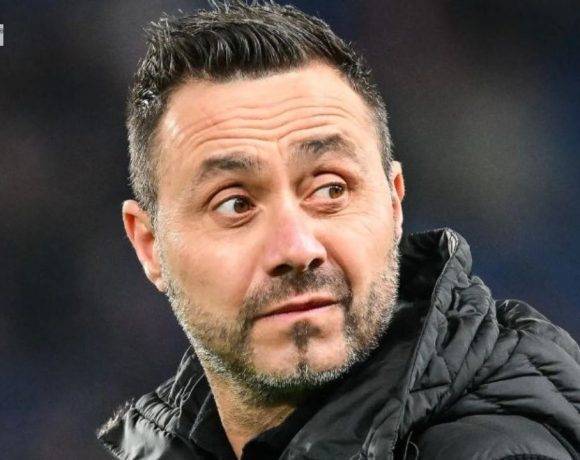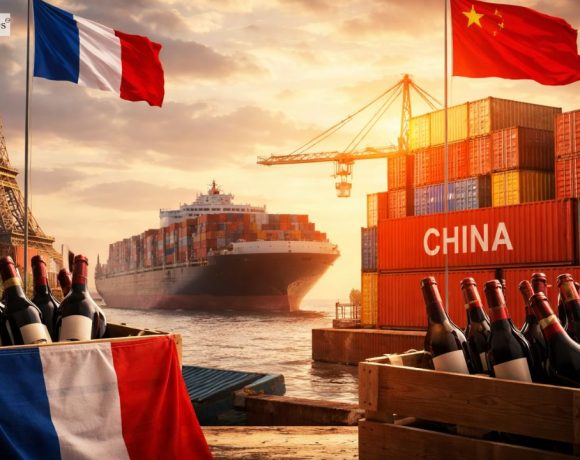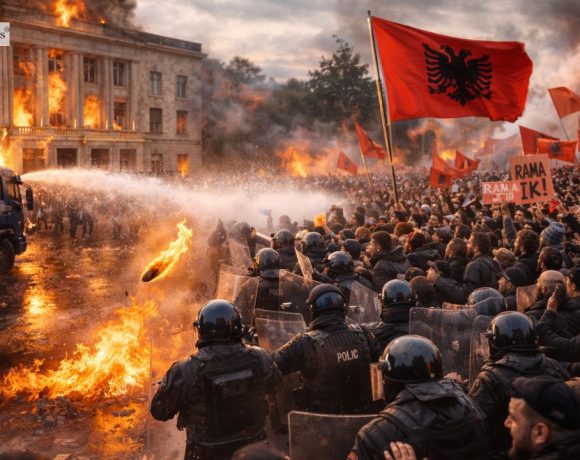
Roberto De Zerbi has left his position as Marseille manager by mutual agreement, the French club confirmed on Wednesday. The decision comes after a heavy 5-0 defeat to Paris St-Germain and Marseille’s recent Champions League exit following a 3-0 loss to Club Brugge. Club officials said the move followed discussions between the owner, president, sporting director and the coach.
De Zerbi joined Marseille in the summer of 2024 after leaving Brighton, where he spent nearly two seasons in charge. In his first campaign, he guided the club to a second-place finish in Ligue 1. However, this season has proved more challenging, with Marseille currently sitting fourth in the table, 12 points behind league leaders PSG.
In a statement, Marseille described the departure as a “difficult collective decision” made after careful consideration and in the best interests of the club. The change in leadership, the club added, is aimed at addressing the sporting challenges that lie ahead for the remainder of the season.
Pic courtesy: google/ images are subject to copyright









